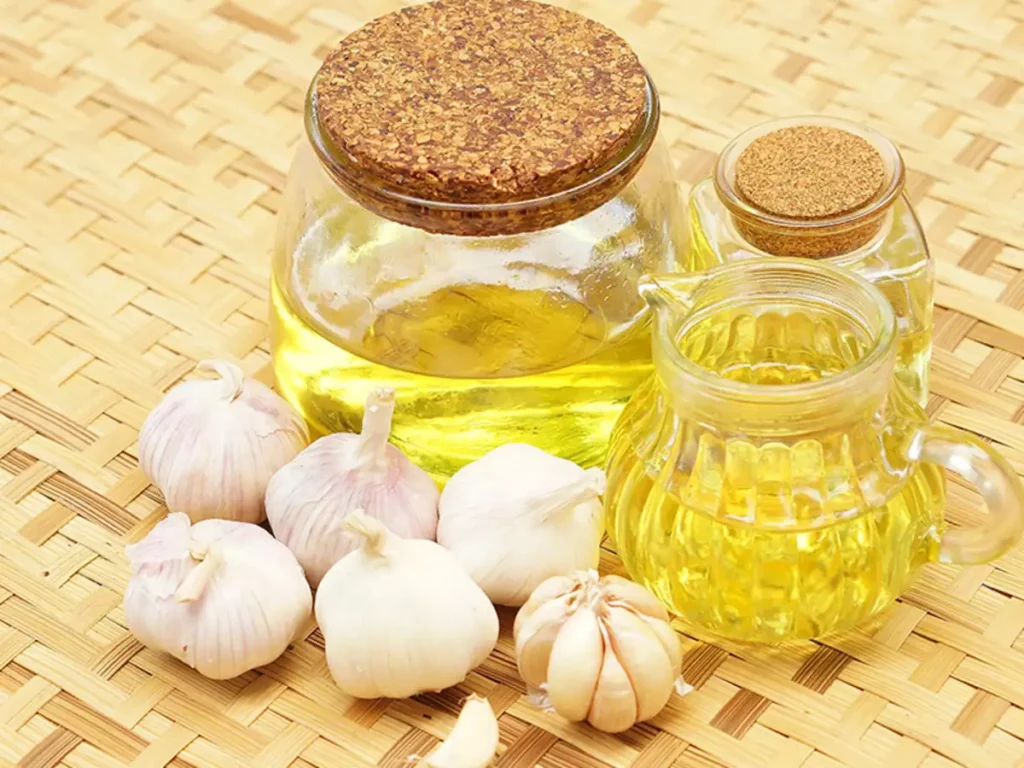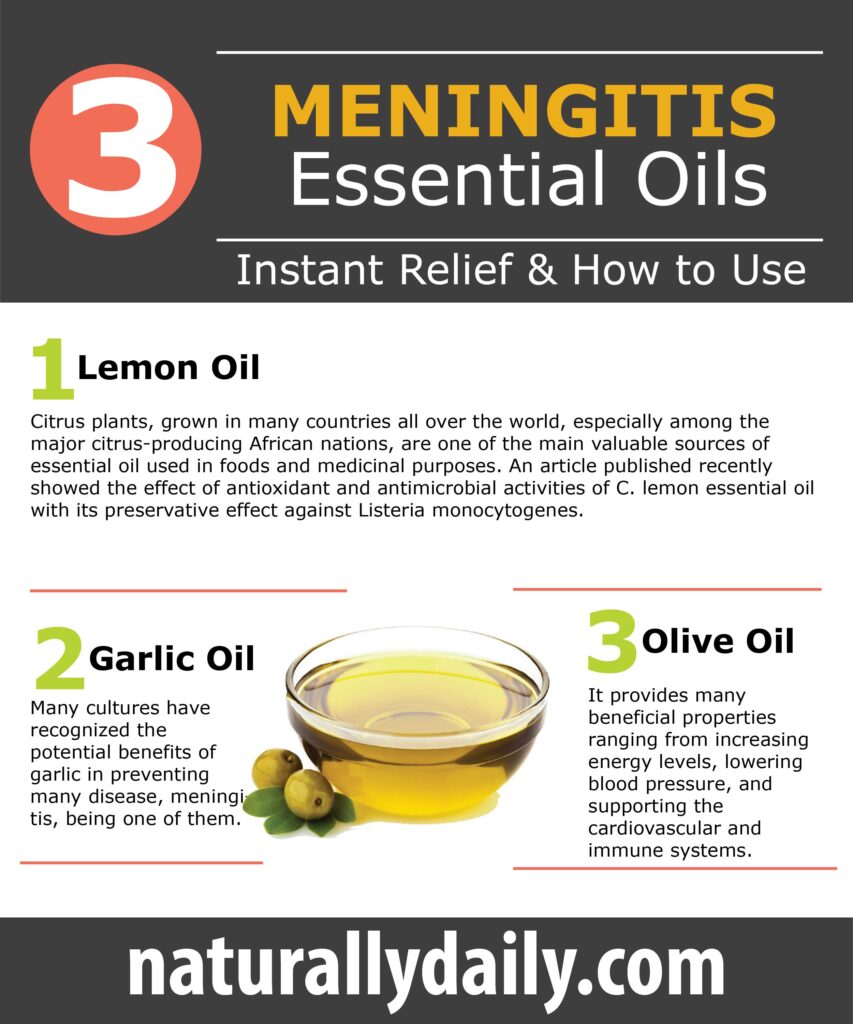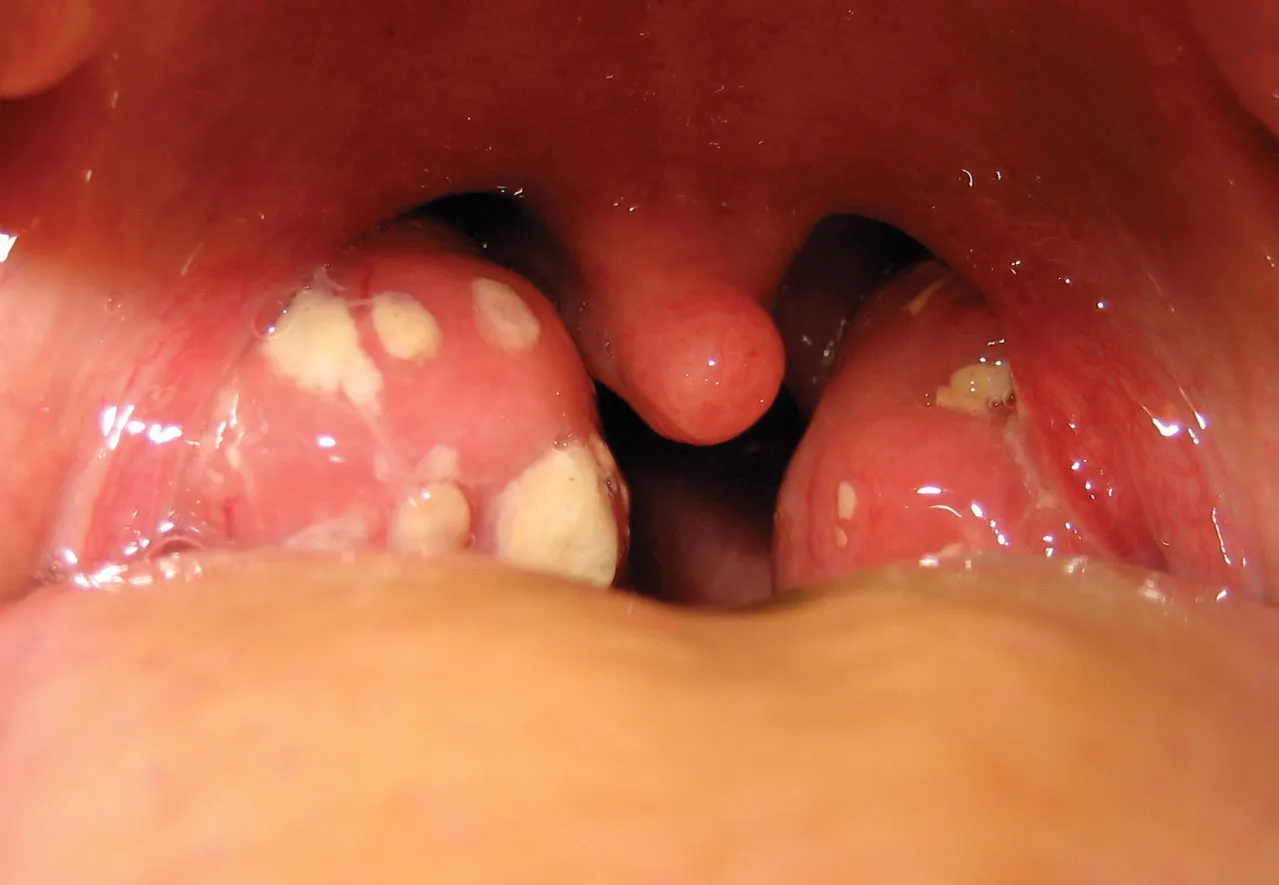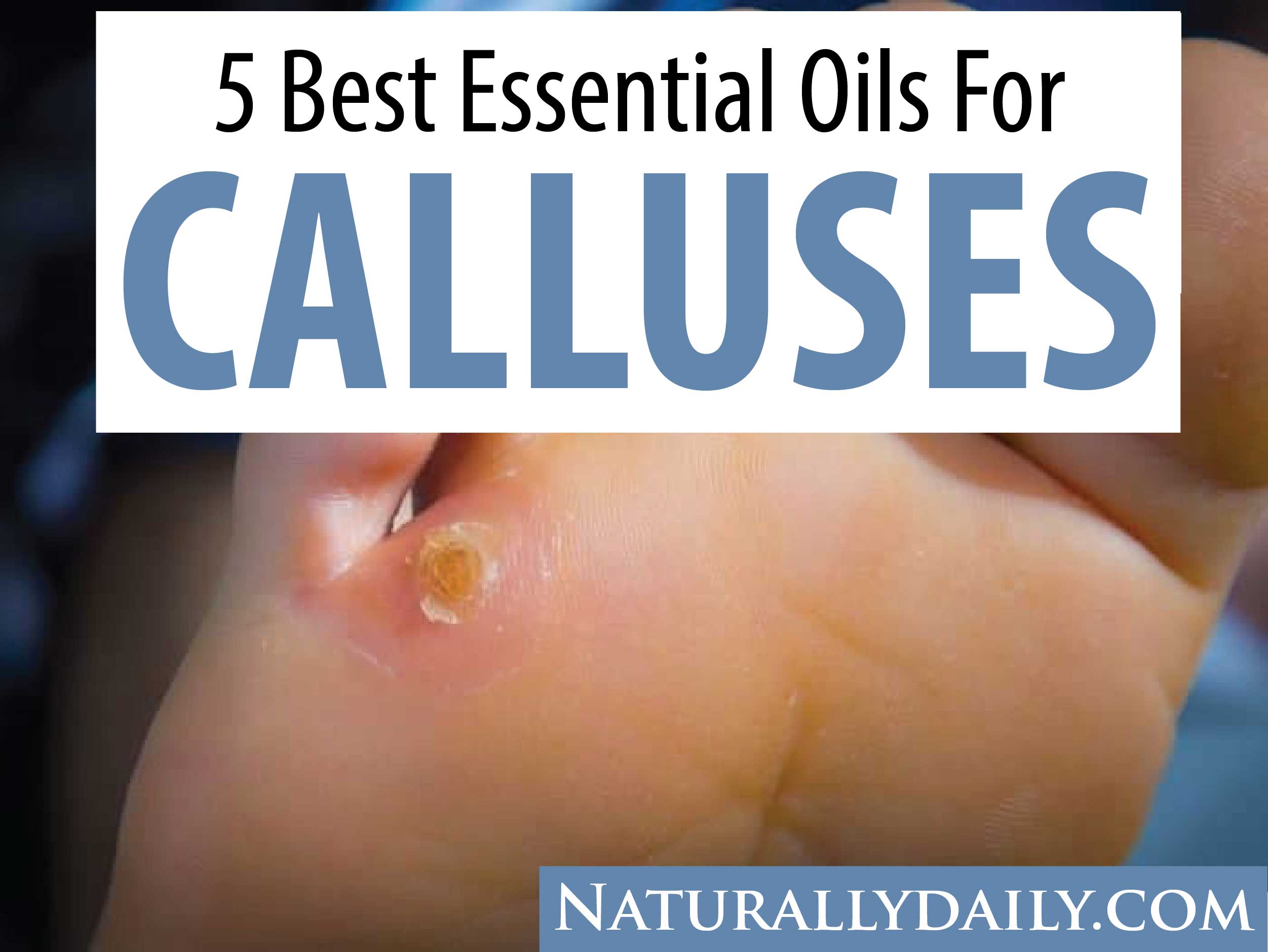Most people rely on over-the-counter drugs for meningitis. However, you can also try some essential oils for meningitis to get some of the symptoms naturally.
Meningitis is an infection that affects the membranes of the brain and spinal cord (meninges) [1]. The swelling of meningitis triggers symptoms such as a headache, fever, and a stiff neck [2].
It is prevalent among many teens, adults, and even young children. [2]
Several types of the disease include bacterial, viral, and fungal meningitis.
There are antibiotics for treating meningitis, such as cephalosporins, Claforan, Rocephin, etc. [3], But these traditional drugs might cause some side effects if you take them for a prolonged period.
Essential oils for meningitis may prove to be both effective and safe. These oils may reduce the recurring symptoms of the disease to a great extent. [4]
Keep reading to learn more about the efficacy and uses of essential oils to treat meningitis.
The article also reviews the causes, types, symptoms, and preventative measures of meningitis.
Why Use Essential Oils for Meningitis?
Essential oils, considered one of the most beautiful natural products, are widely used for medical purposes [9].
Many essential oils are famous for their use in dermatology, the development of antimicrobial resistance and even commercial essential oils are often an option for therapy.
A study conducted in 2004 prepared specific dosages of essential oil to see their effect on the therapy of children’s infectious diseases [10].
The microbial properties of the essential oils were studied to see the inhibitory data of children’s pathogens.
The study found that a few selected compounds from higher plants showed moderate effectiveness against gram-positive bacteria, yeast, and fungi.
This study also found that topical application or inhalation of selected compounds for the treatment or additional treatment of mild infections were practical.
The results proved that essential oils could be used to kill certain bacteria and fungi that cause meningitis.
Best Essential Oil Remedies for Meningitis
1. Lemon Oil
Lemon, also known as Citrus limon, is a flowering plant belonging to the Rutaceae family.
Citrus plants, grown in many countries worldwide, especially among the powerful citrus-producing African nations, are one of the valuable primary sources of essential oil used in foods and medicinal purposes.
A recently published article showed the antioxidant and antimicrobial activities of C. lemon essential oil with its preservative effect against Listeria monocytogenes [11].
This article used minced beef to see the inhibitory growth pattern of lemon essential oil against the bacteria, Listeria monocytogenes.
The result showed that specific components in lemon essential oil successfully inhibited the development of L. monocytogenes in minced beef meat.
As a result, the study suggested that lemon essential oil might be a new potential source of natural antimicrobial and antioxidant for the treatment of various health problems as well that’s infected by the bacteria Listeria monocytogenes. [11]
Another study has also shown that a vapor containing lemon oil may kill the deadly bacterium that causes meningitis in just 15 minutes.
RELATED: 10 Ways Lemon Oil Can Benefit your Health
2. Garlic Oil
The use of garlic for therapeutic purposes dates back to ancient times.
Many cultures have recognized the potential benefits of garlic in preventing many diseases, meningitis being one of them.
Different compounds in garlic are found to reduce the risk for cardiovascular diseases, have antitumor and antimicrobial effects, reduce cancer risk, antioxidant development, enhancement detoxification of foreign compounds and hepatoprotection, and even show the benefit of high blood glucose concentration [12].
For medicinal use, garlic oil is mainly prepared by the steam-distillation process.
After steam-distilled, garlic oil consists of the compounds such as diallyl, allyl methyl, and dimethyl mono to Hexa sulfides.
A study published in 2014 showed that one of the active compounds found in garlic, diallyl trisulfide, is effective against cryptococcal meningitis. [12]
Apart from diallyl trisulfide, allicin, another compound in garlic, also acts as a powerful antioxidant beneficial in treating patients suffering from meningitis.
3. Olive Oil
Olive leaf extract is traditionally used as a herbal supplement since it contains polyphenolic compounds [13].
It provides many beneficial properties ranging from increasing energy levels, lowering blood pressure, and supporting the cardiovascular and immune systems.
Also, olive oil has antimicrobial properties and beneficial effects on human health.
An article published in 2017 investigated the antimicrobial effect of olive oil extract on pathogens such as Listeria monocytogenes, Escherichia coli, and Salmonella Enteritidis [13].
The study proved that the crude olive oil extract was effective in inhibiting the growth of such pathogens, supporting that this extract alone or in conjunction with other antimicrobials could kill or control the pathogen levels.
As a result, due to its antiviral and antioxidant properties and proven anti-inflammatory abilities, olive oil helps treat meningitis.
RELATED: Olive Oil on Face: 6 Benefits + How to Use It
How to Use the Essential Oils for Meningitis?
Since the early symptoms of meningitis include headaches, fever, and a stiff neck, you could apply the essential oils in two ways for instant relief.
Here are some of the simple ways to use the essential oil to relieve meningitis:
1. Massage the Essential Oils On the Head
What you’ll need:
- Four drops of lemon oil
- Four drops of chamomile
- Four drops of olive oil
Recommended Directions:
- Put all the oils in a bowl
- Stir well to combine all the essential oils
- Apply a small amount to your head and scalp
- Massage gently for a few minutes
- Repeat every time you have a headache or fever
RELATED: 14 Health Benefits of Chamomile Tea (Backed by Science)
2. Inhale The Vapor of the Essential Oil
Apart from directly applying to your head and scalp, you could also inhale the essential oil vapor.
What you’ll need:
- Ten drops of lemon oil
Recommended Directions:
- Pour lemon oil into a diffuse
- Fill the room with its scent
- Inhale deeply
- Repeat this remedy once or twice daily
RELATED: 10 Ways Lemon Oil Can Benefit your Health
Types, Causes, and Symptoms of Meningitis
Bacterial Meningitis
Bacterial meningitis is the most life-threatening among the three types of meningitis as it quickly spreads through direct contact or between people who are in close contact with each other.
The bacteria that cause meningitis include Streptococcus pneumonia, Neisseria meningitides, Haemophilus influenza, and Listeria monocyte gene [5].
These bacteria enter the bloodstream and travel to the brain and spinal cord, causing acute bacterial meningitis.
Apart from spreading through the bloodstream, such bacterial infection may also occur due to an ear or sinus infection, a skull fracture, or after some surgeries [6].
Viral Meningitis
Viral meningitis, when compared to bacterial meningitis, tends to be less severe as many people recover without treatment [7].
Enteroviruses are a group of viruses that mainly cause viral meningitis, which is very common during late summer or early fall.
Along with enteroviruses, herpes simplex virus, HIV, mumps, West Nile virus, and others also can cause viral meningitis.
Fungal Meningitis
Fungal meningitis is uncommon and causes chronic meningitis, but it may mimic acute bacterial meningitis. [7]
Unlike bacterial meningitis, fungal meningitis isn’t contagious and doesn’t spread from one person to another.
It happens in people who have a weakened immune system.
Cryptococcal meningitis is a fungal form of meningitis that mainly affects people with AIDS. [7]
However, it’s life-threatening if not treated with an antifungal medication.
Symptoms of Meningitis
Early meningitis symptoms include flu (influenza).
The symptoms of meningitis may develop over several hours to a few days.
Possible signs and symptoms include: [8]
- Sudden high fever
- Confusion or difficulty concentrating
- A severe headache that seems different than normal
- Sensitivity to light
- Stiff neck
- A headache with nausea or vomiting
- No appetite or thirst
- Seizures
- Sleepiness or difficulty waking
- Skin rash (sometimes, such as in meningococcal meningitis)
Some Preventive Measures for Meningitis
Some bacteria or viruses that cause meningitis can spread through contact, coughing, sneezing, sharing and eating from the same utensils, and sharing a toothbrush or a cigarette.
However, the following steps may help prevent meningitis: [14]
- Wash your hands before and after a meal.
- Practice good hygiene.
- Stay healthy
- Cover your mouth.
- Cook meat at a high temperature
When to See a Doctor
You shouldn’t take meningitis lightly. The condition affects the brain and poses risks to the central nervous system.
Essential oils may not work all the time and for everyone.
Visit a doctor for proper diagnosis and treatment if you experience the following symptoms. [15]
- Frequent high fever
- Acute headache
- Sensitivity to light
- Vomiting, nausea, and appetite loss
- Stiff neck and skin rashes
If it’s bacterial meningitis, you should be more careful. It is deadly. If you don’t treat it in time, the condition may permanently damage your brain and nervous system.
You should consult a doctor for proper diagnosis and treatment as early as possible.
EndNote
Meningitis is a rare disease. But it can spread very quickly when you are in contact with a diseased person. The condition transfers mainly through bacteria, viruses, and fungus.
You may effectively reduce some of the symptoms by using essential oils to treat meningitis.
However, in case of the severity of the condition, you need to consult a doctor. It’s also best to prevent the cause of the disease as ‘prevention is better than cure.’
READ NEXT: 4 Best Essential Oils for Pulmonary Fibrosis Natural Relief






